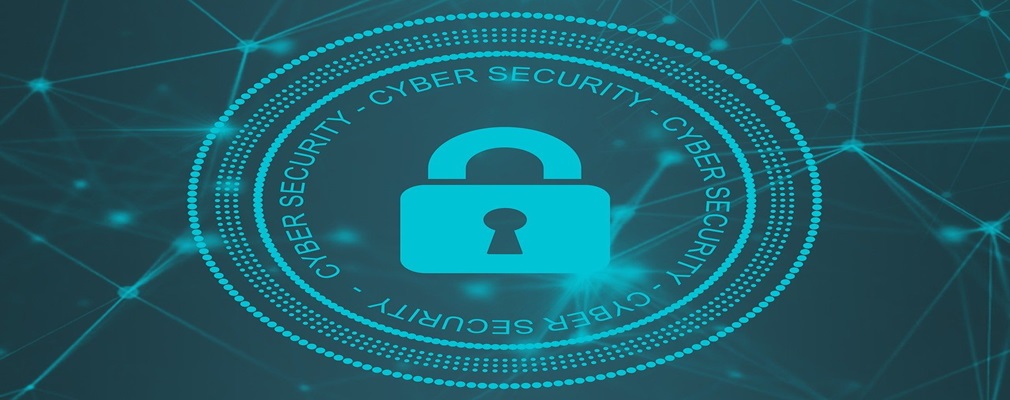The Top 10 Common Cybersecurity Errors Made by Small Businesses

Cybercriminals are known for executing highly sophisticated attacks. However, it is often the lax cybersecurity practices that create the most vulnerabilities, especially within small and mid-sized businesses (SMBs). Small business owners often overlook the importance of cybersecurity measures, sometimes due to their intense focus on company growth. Some may believe they face a lower risk of data breaches, while others consider cybersecurity an expense they cannot afford.
Nonetheless, it is crucial to recognize that cybersecurity is not exclusive to large corporations; it is an equally vital concern for small businesses. Small businesses are often perceived as attractive targets for cybercriminals due to perceived vulnerabilities. Shockingly, 50% of SMBs have fallen victim to cyberattacks, and over 60% of them cease operations after such incidents.
What may come as a relief is that many data breaches are the result of human error, providing an opportunity to reduce the risk by improving cyber hygiene.
Recognizing Common Cybersecurity Mistakes
To address this issue, it is essential to identify the mistakes that small businesses frequently make, often without realizing it. The following are some of the primary reasons why small businesses become targets for cyberattacks:
1. Underestimating the Threat
One of the most common cybersecurity errors made by SMBs is underestimating the threat landscape. Many business owners wrongly assume that their small size makes them less appealing targets for cybercriminals. This is a dangerous misconception, as cybercriminals often view small businesses as easy targets, believing that these companies lack the resources or expertise to defend against attacks. It is vital to understand that no business is too small to be targeted by cybercriminals, emphasizing the importance of proactive cybersecurity.
2. Neglecting Employee Training
Small businesses often overlook cybersecurity training for their employees, assuming that they will naturally exercise caution online. However, the human factor remains a significant source of security vulnerabilities, as employees may inadvertently click on malicious links or download infected files. Cybersecurity training for staff is crucial to help them recognize phishing attempts, understand the significance of strong passwords, and be aware of social engineering tactics employed by cybercriminals.
3. Using Weak Passwords
Weak passwords are a common security vulnerability within small businesses, as many employees opt for easily guessable passwords and reuse the same password for multiple accounts. This practice leaves sensitive company information exposed to hackers, with studies revealing that people reuse passwords 64% of the time. Encouraging the use of strong, unique passwords and implementing multi-factor authentication (MFA) wherever possible can add an extra layer of security.
4. Ignoring Software Updates
Failing to keep software and operating systems up to date is another prevalent mistake, as cybercriminals often exploit known vulnerabilities in outdated software to gain access to systems. Small businesses must consistently update their software to patch known security flaws, covering operating systems, web browsers, and antivirus programs.
5. Lacking a Data Backup Plan
Many small companies lack formal data backup and recovery plans, erroneously assuming that data loss will not affect them. However, data loss can occur due to various reasons, including cyberattacks, hardware failures, or human errors. Regularly backing up critical company data and testing these backups to ensure they can be successfully restored in case of data loss incidents is essential.
6. No Formal Security Policies
Small businesses often operate without clear policies and procedures, leaving employees unaware of critical information such as how to handle sensitive data, securely use company devices, and respond to security incidents. Establishing formal security policies and procedures, communicating them to all employees, and covering topics like password management, data handling, incident reporting, remote work security, and others is crucial.
7. Ignoring Mobile Security
With an increasing number of employees using mobile devices for work, mobile security is becoming more critical. However, many small businesses overlook this aspect of cybersecurity. Implementing mobile device management (MDM) solutions that enforce security policies on company- and employee-owned devices used for work-related activities is recommended.
8. Failing to Regularly Watch Networks
SMBs may lack IT staff to monitor their networks for suspicious activities, which can lead to delayed detection of security breaches. Installing network monitoring tools or considering outsourcing network monitoring services can help small businesses promptly identify and respond to potential threats.
9. No Incident Response Plan
In the face of a cybersecurity incident, small businesses without an incident response plan may panic and respond ineffectively. Developing a comprehensive incident response plan that outlines the steps to take when a security incident occurs, including communication plans, isolation procedures, and a clear chain of command, is vital.
10. Thinking They Don’t Need Managed IT Services
Cyber threats continuously evolve, and new attack techniques emerge regularly. Small
businesses often struggle to keep up, believing that they are "too small" to invest in managed IT services. However, managed service providers offer a range of service packages tailored to SMB budgets, safeguarding businesses from cyberattacks and optimizing IT to save money.
Learn More About Managed IT Services
To avoid jeopardizing your business due to a cyberattack, consider that managed IT services can be more affordable for your small business than you might think. Reach out to us today to schedule a consultation.
About the author
Don is a technically sophisticated and business-savvy professional with a career reflecting strong leadership qualifications coupled with a vision dedicated to the success of small businesses. His skills include the deployment of IT technologies including custom desktops, small networks, and hardware/software solutions all with a focus on the management of security and efficiency to promote growth.
After graduation from the University of Missouri-Columbia, Don spent over 20 years developing and honing his management skills in the small business community in and around the Columbia area.
Coupled with the passion and skills in IT technology, he looks to assist businesses to become highly productive and more profitable with the right IT solutions.